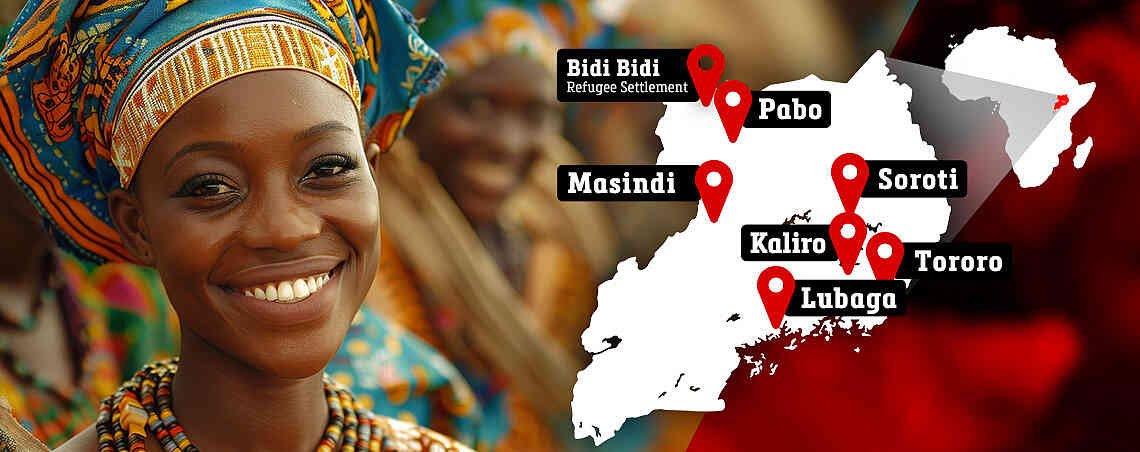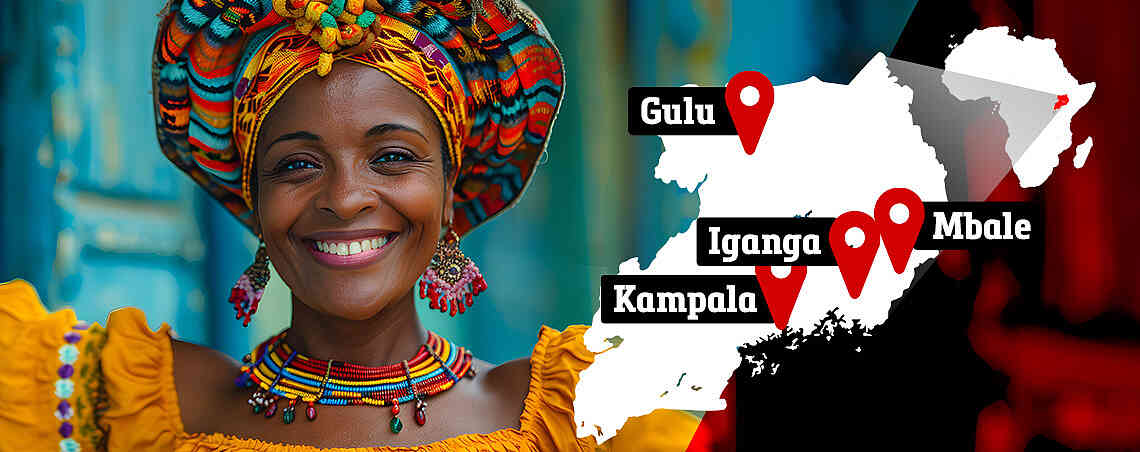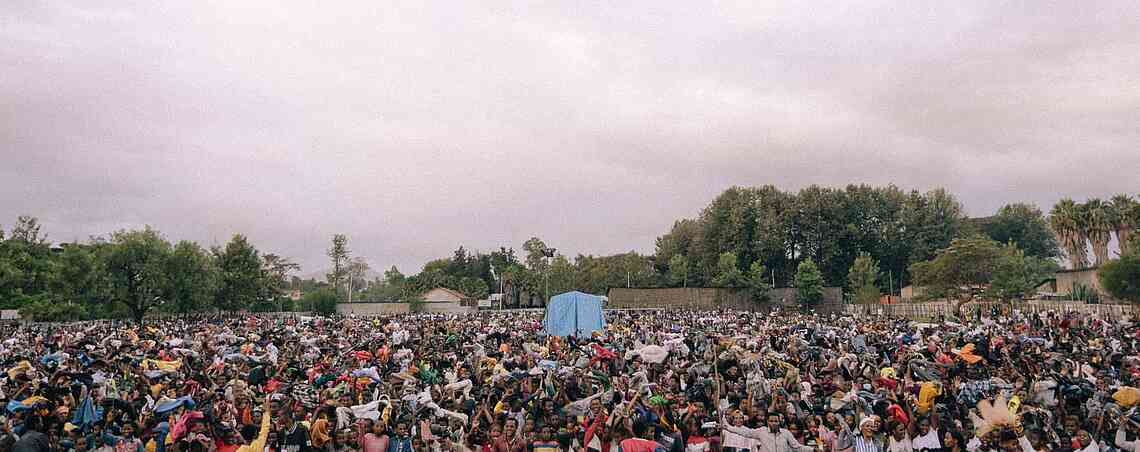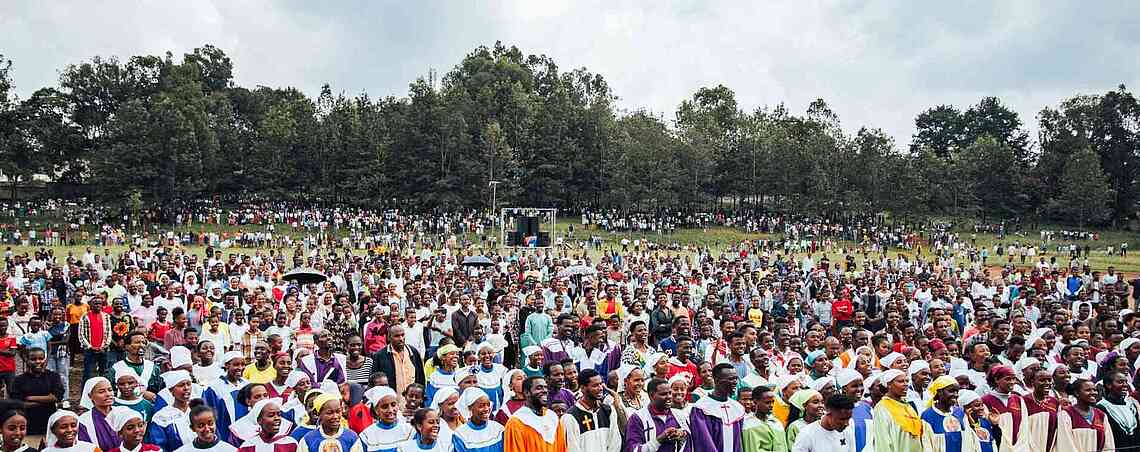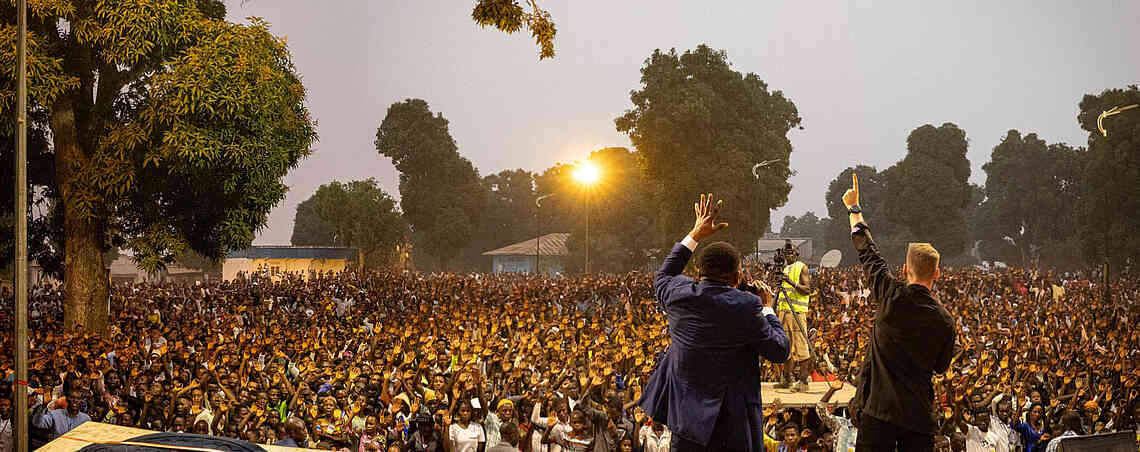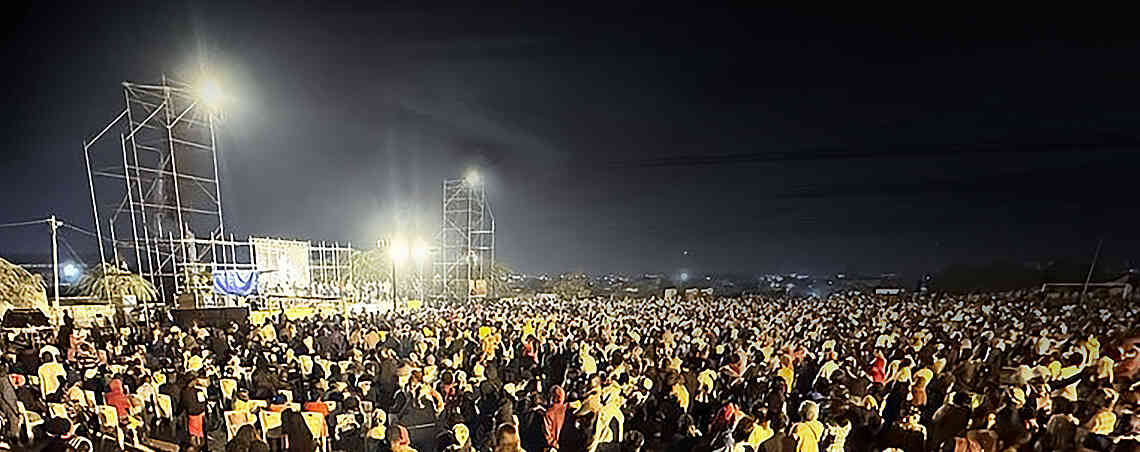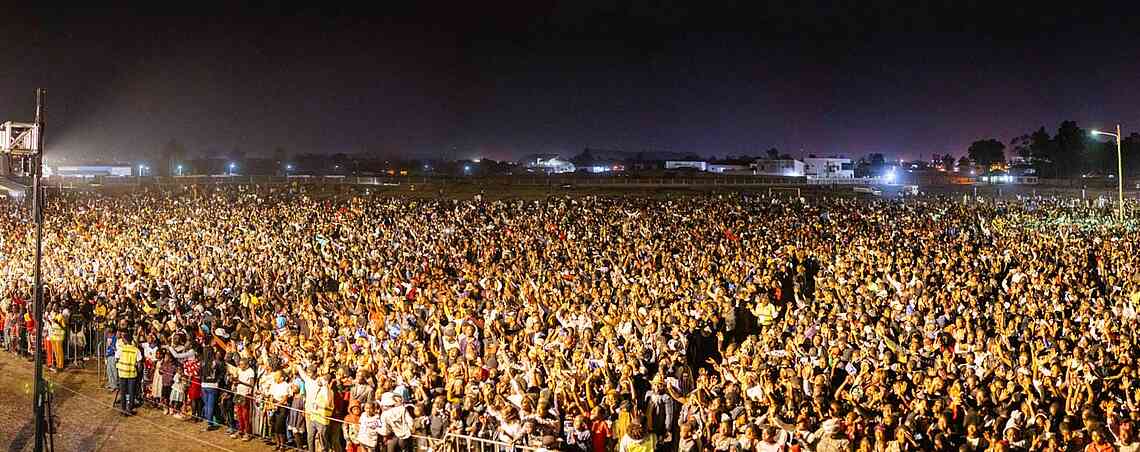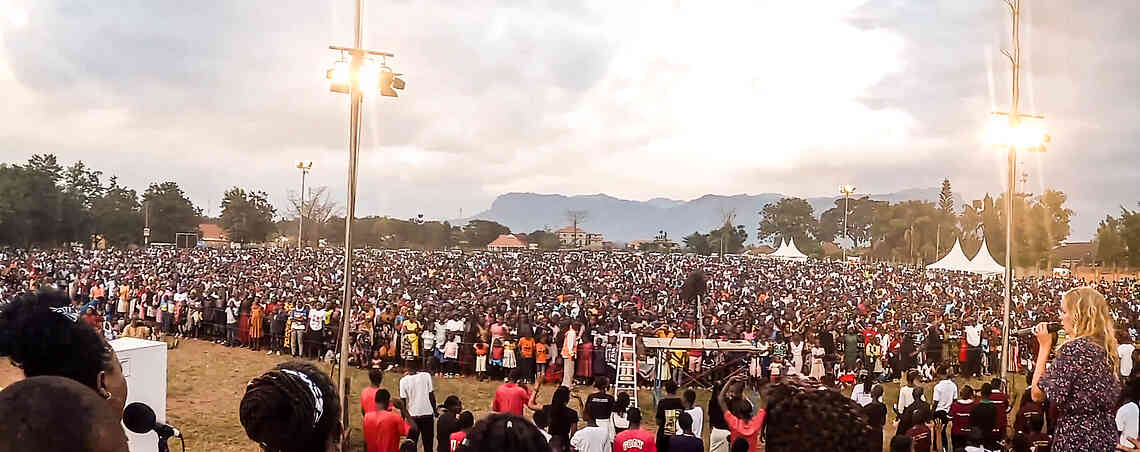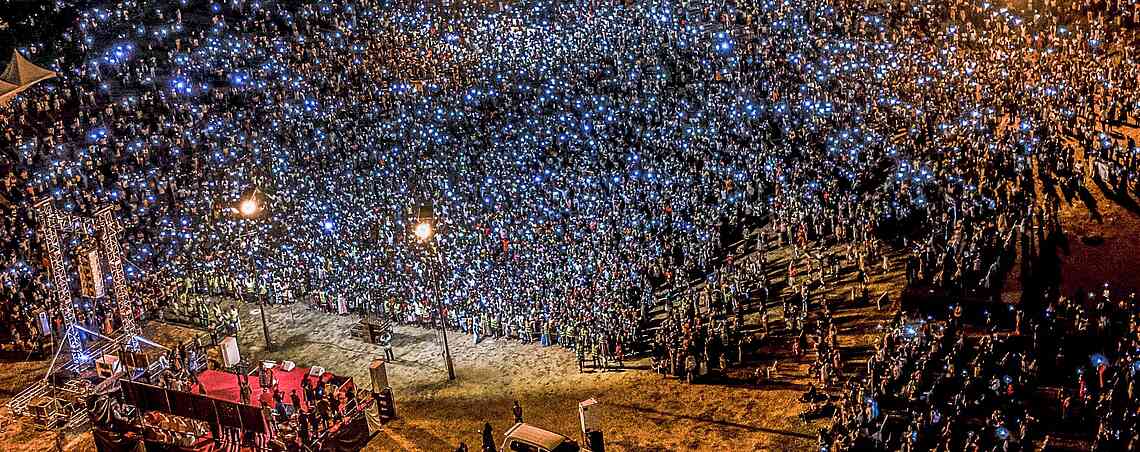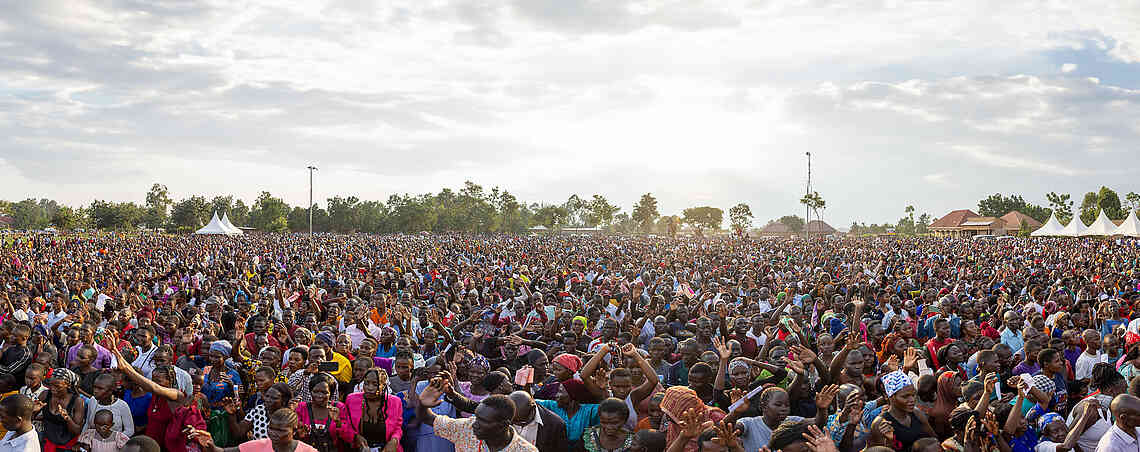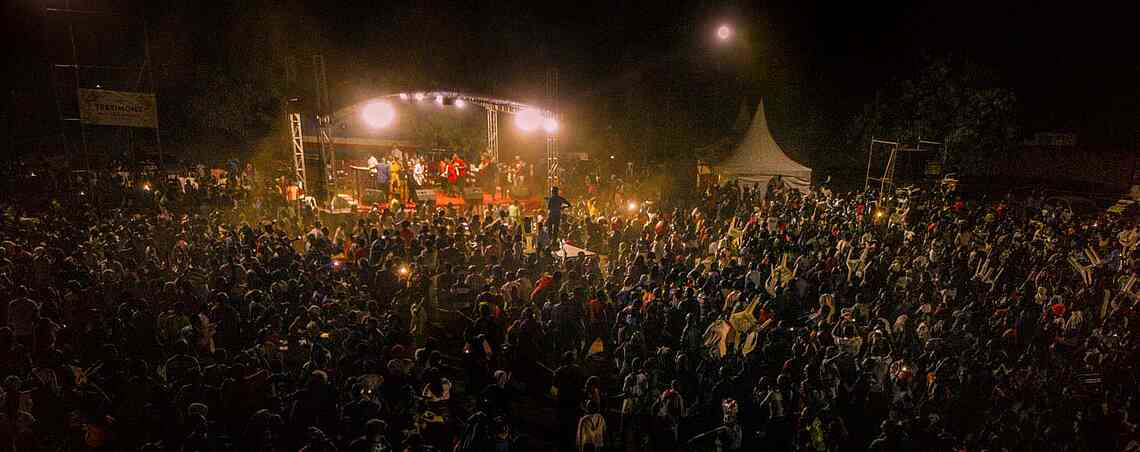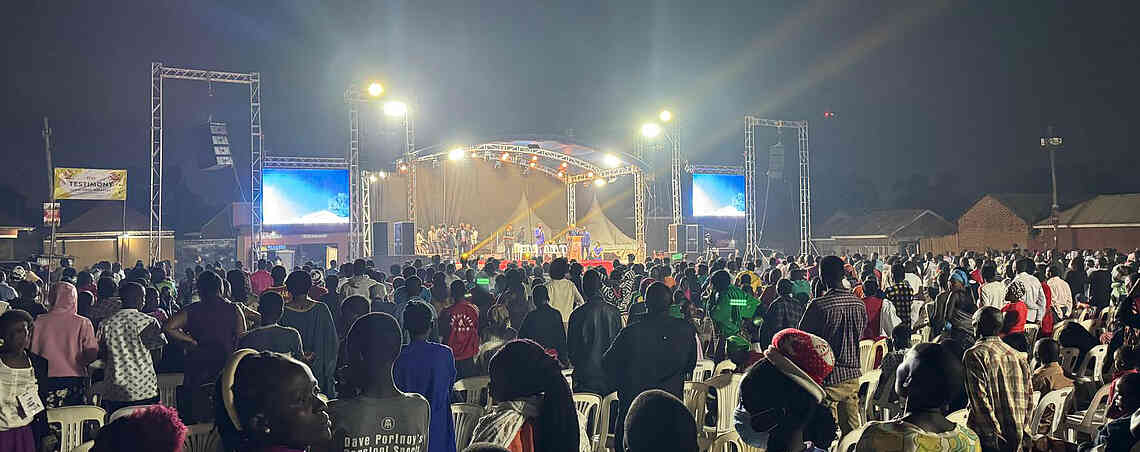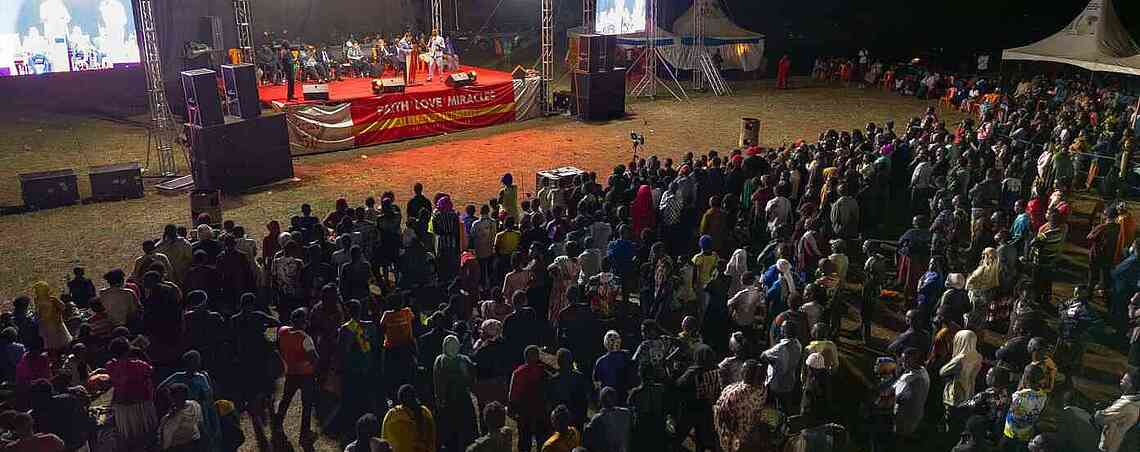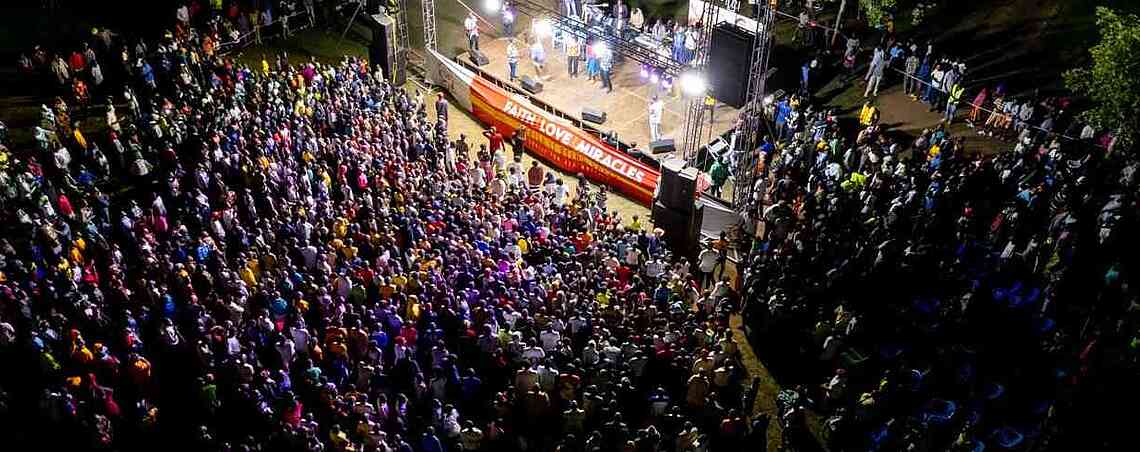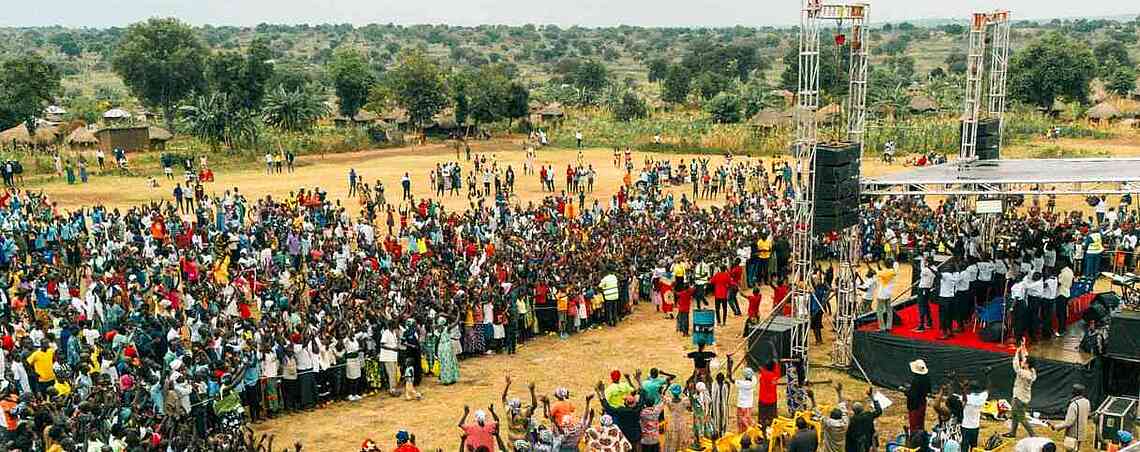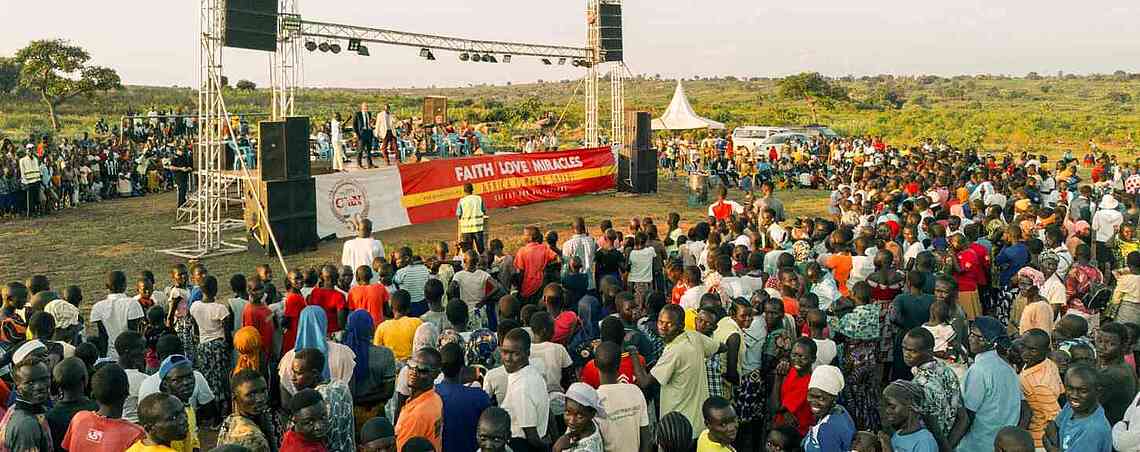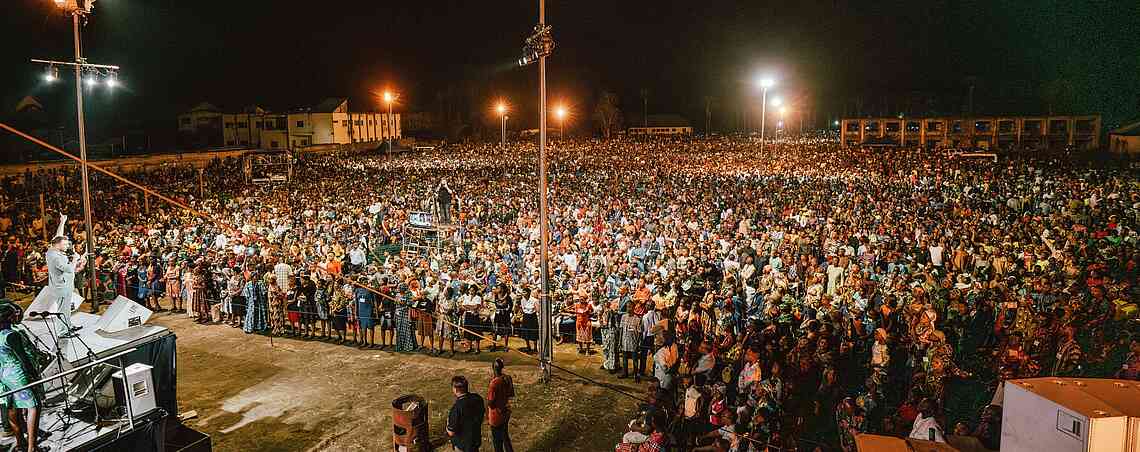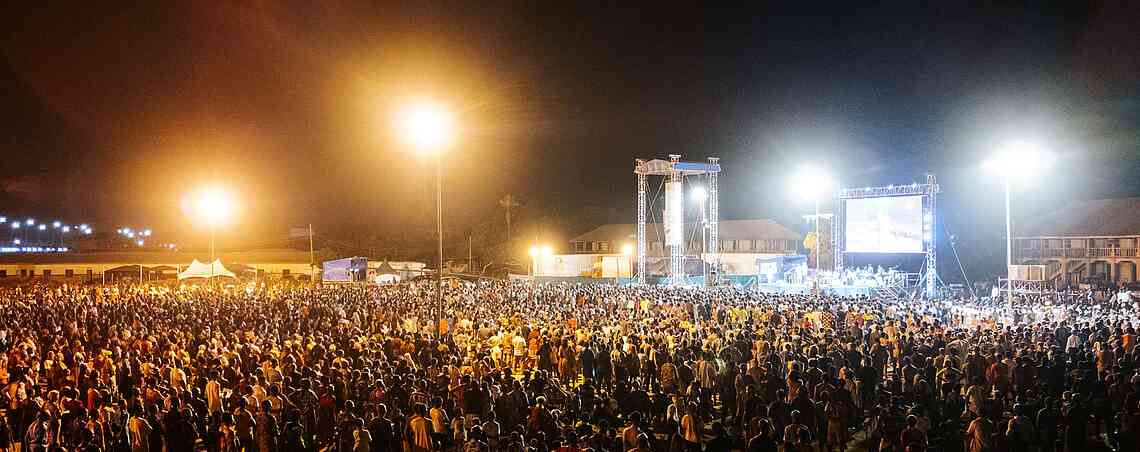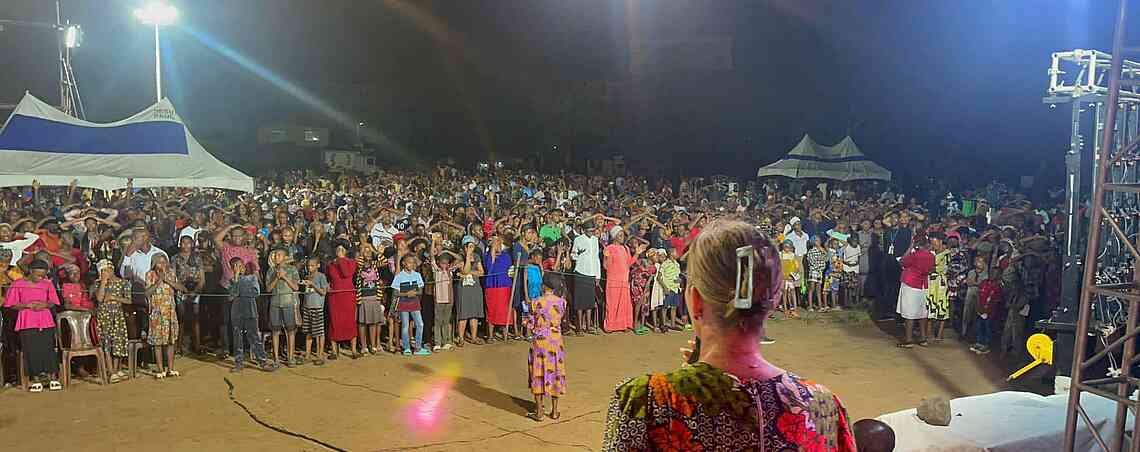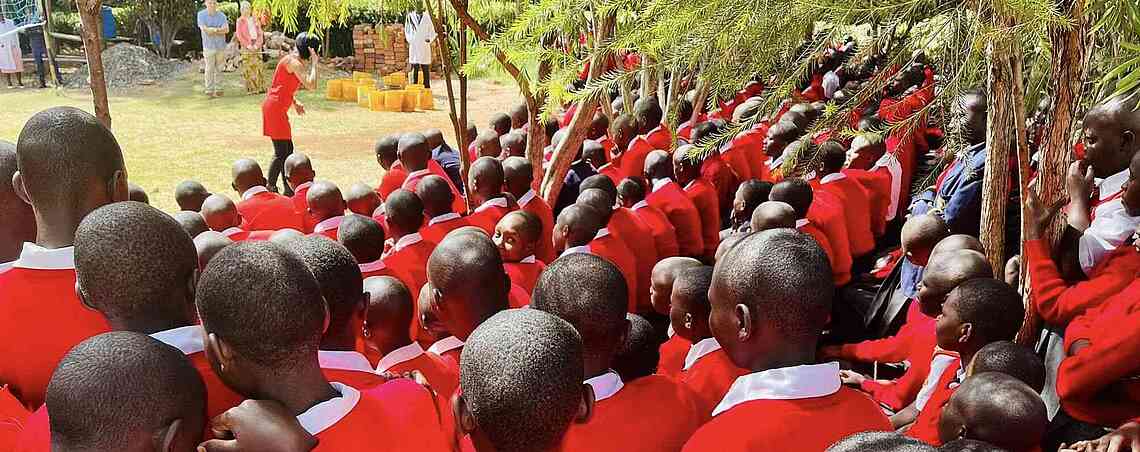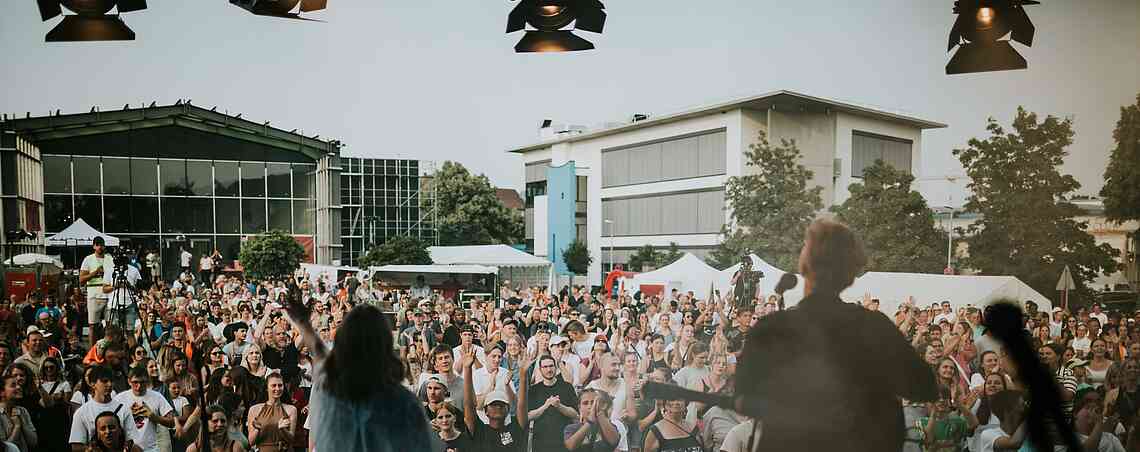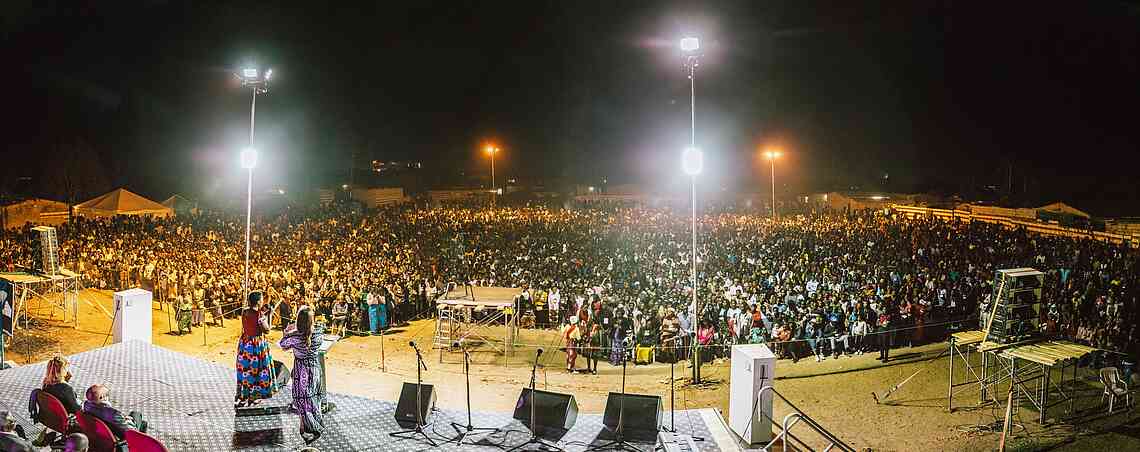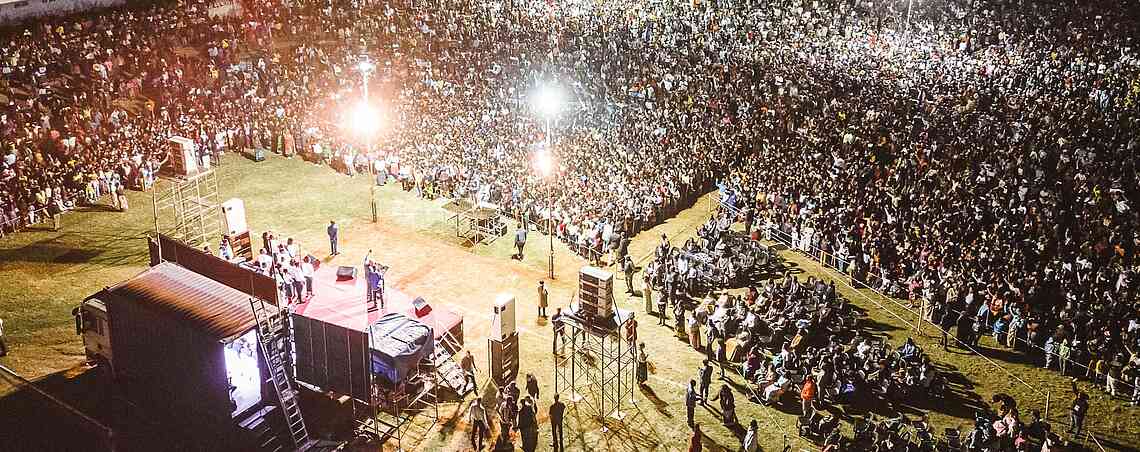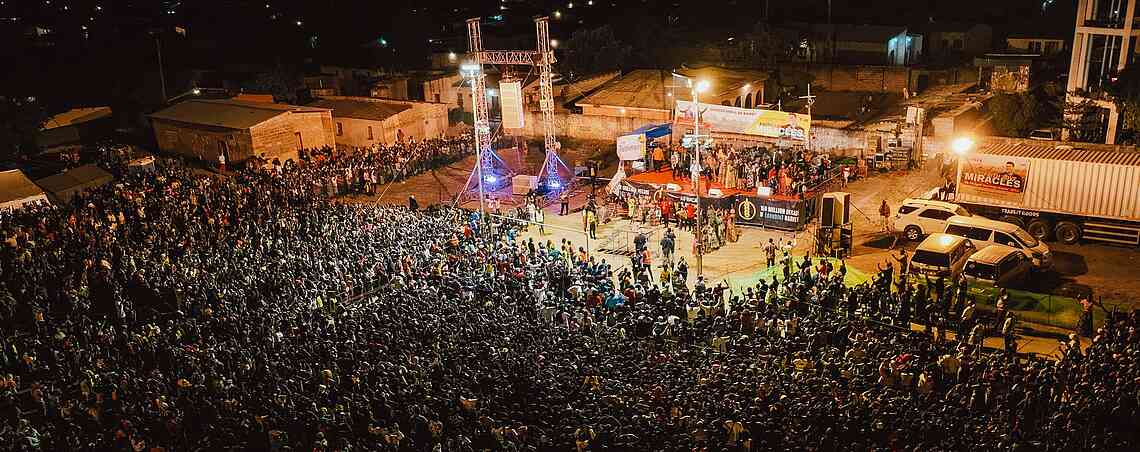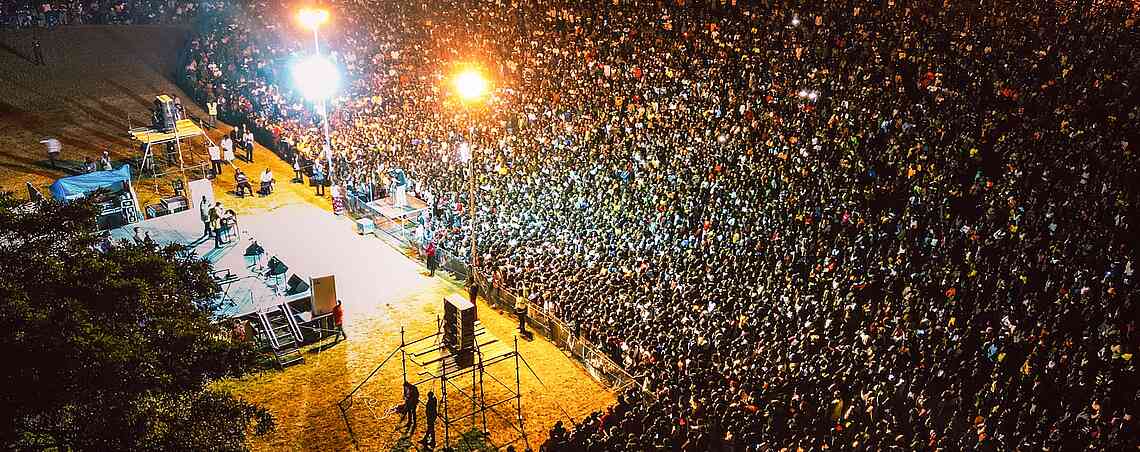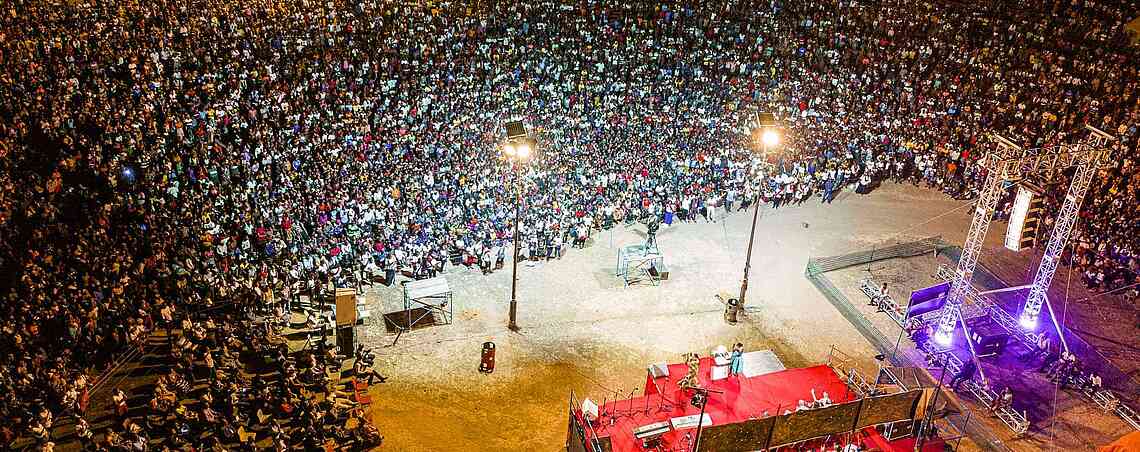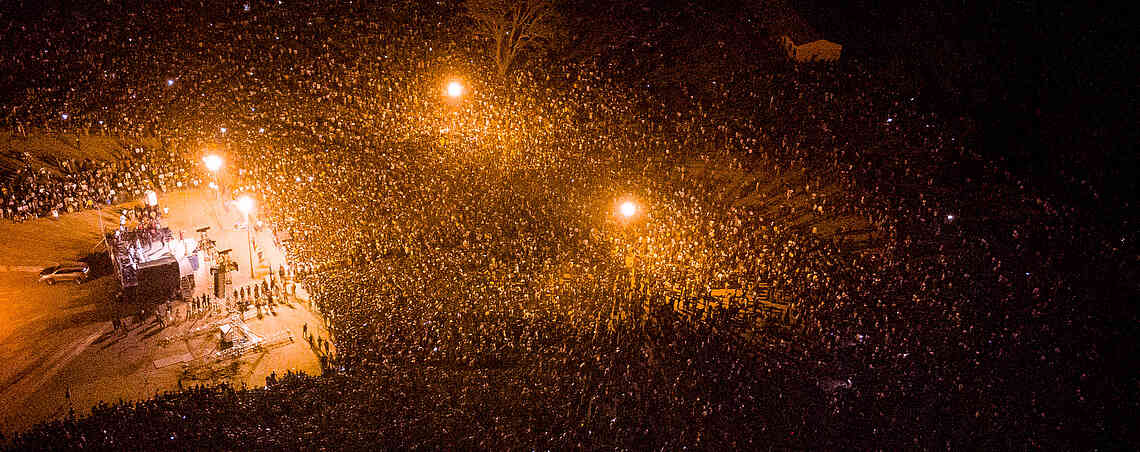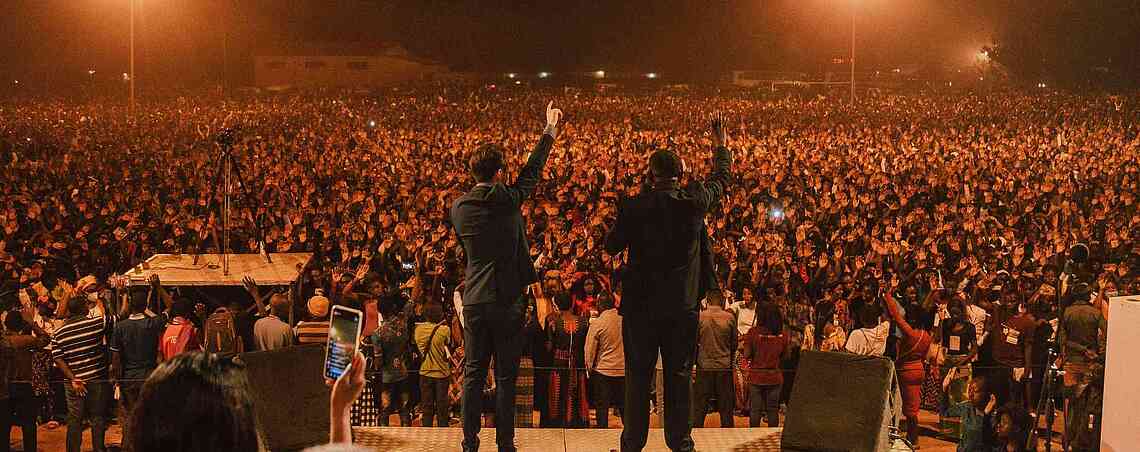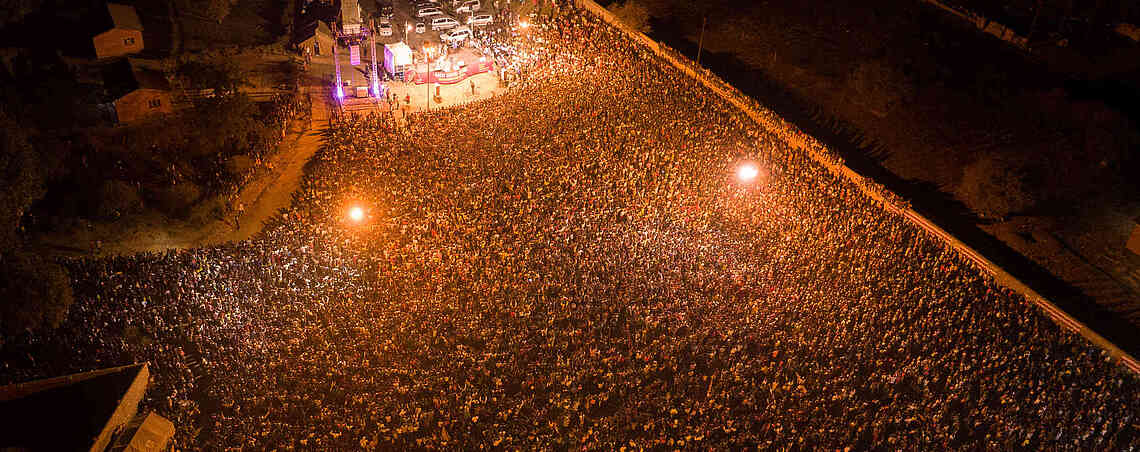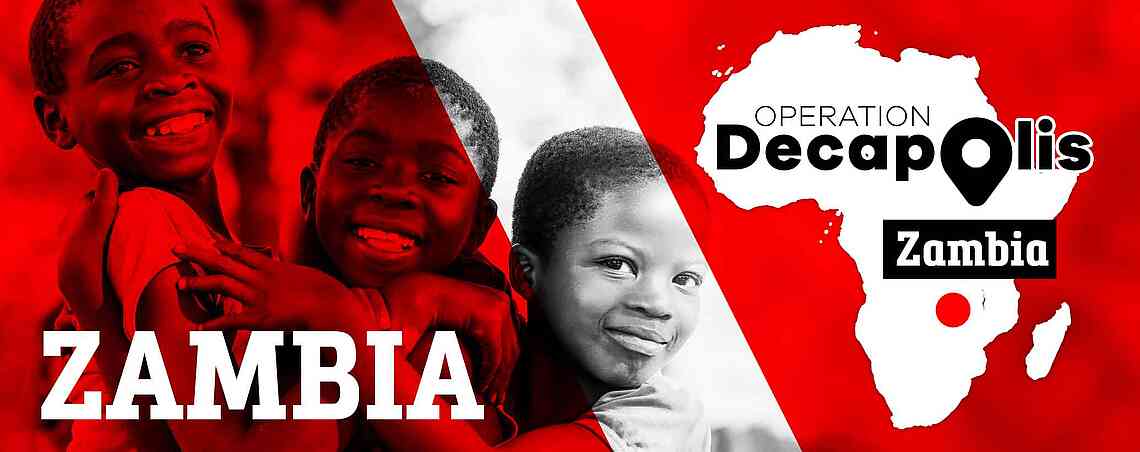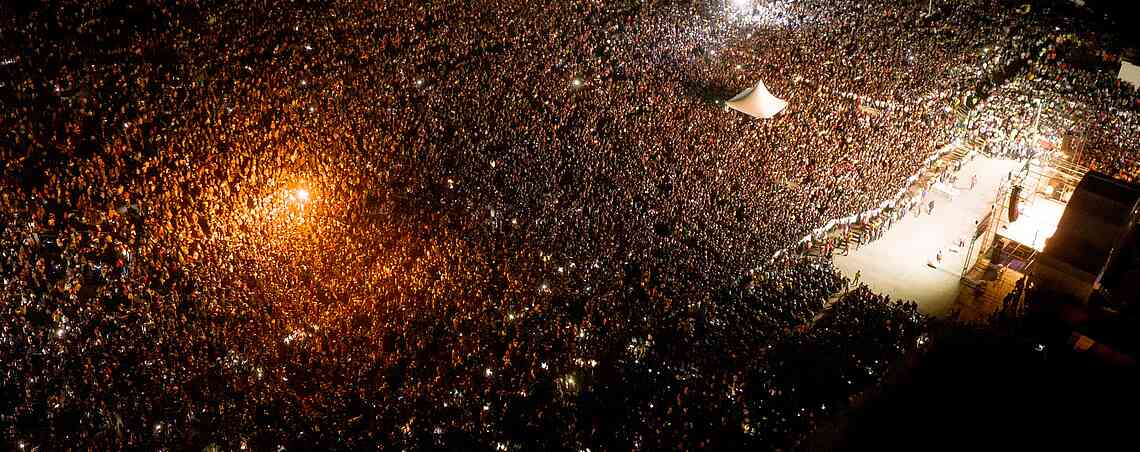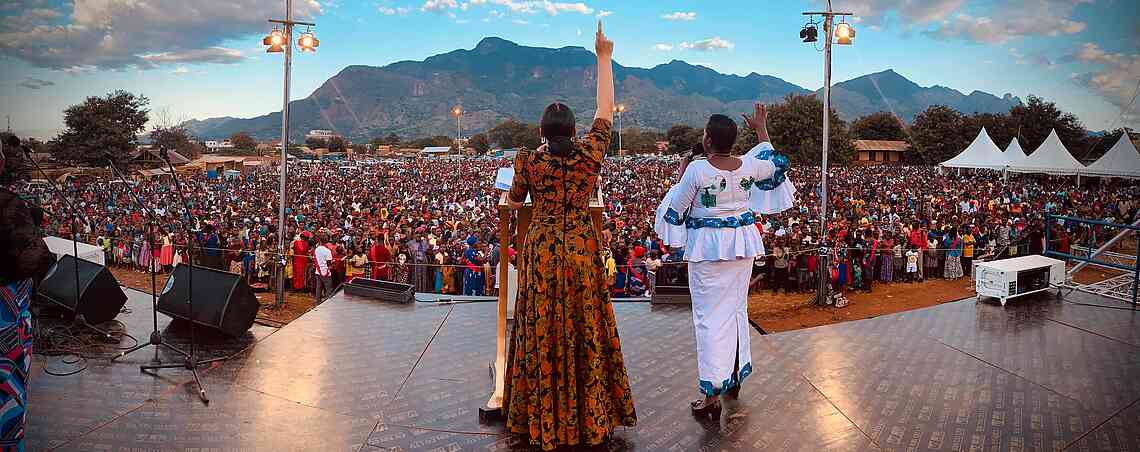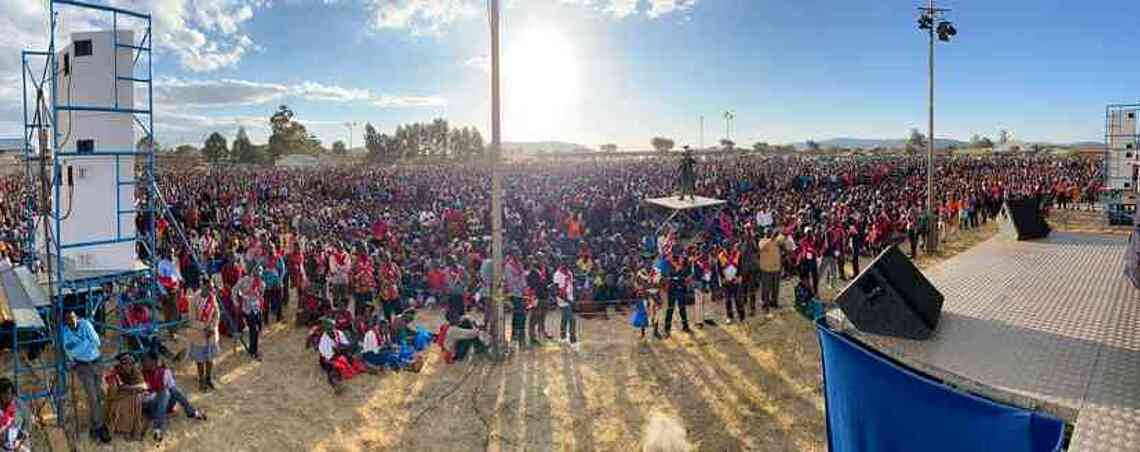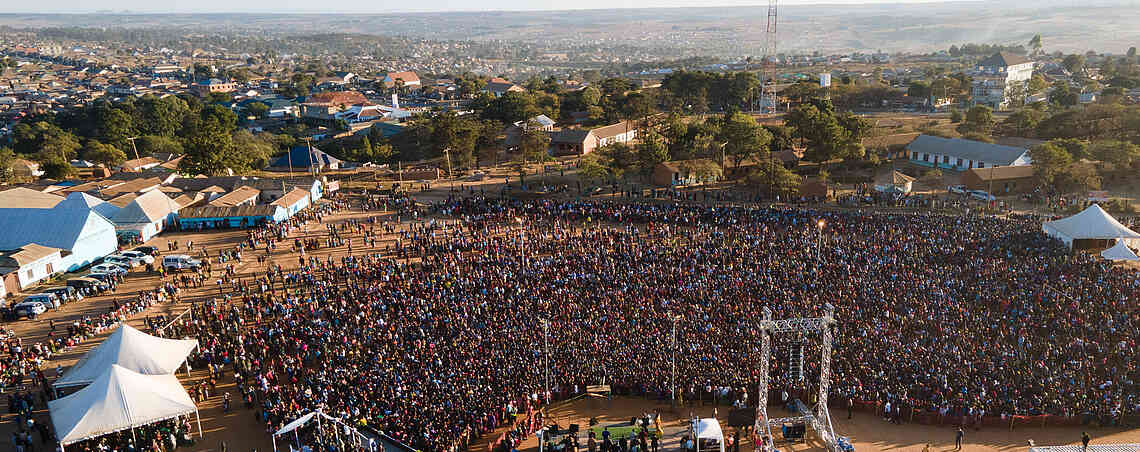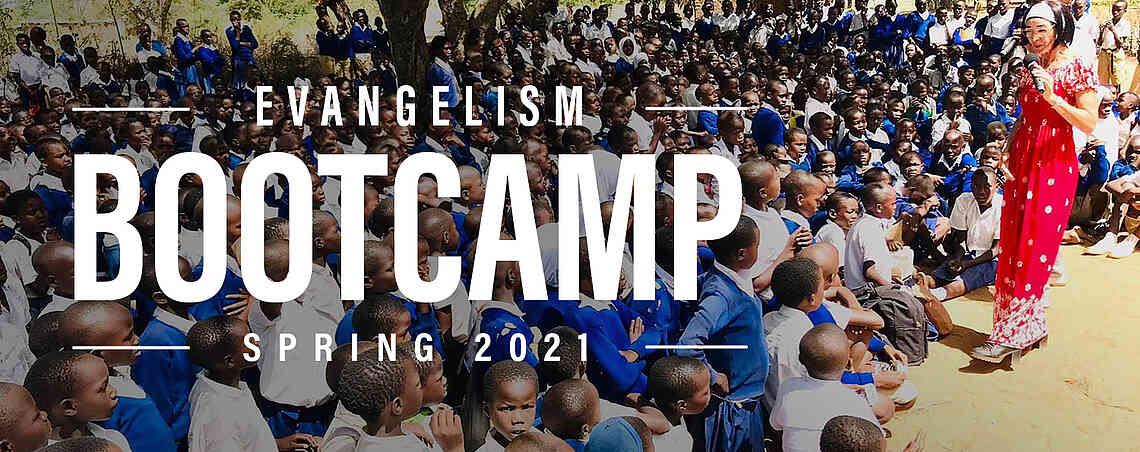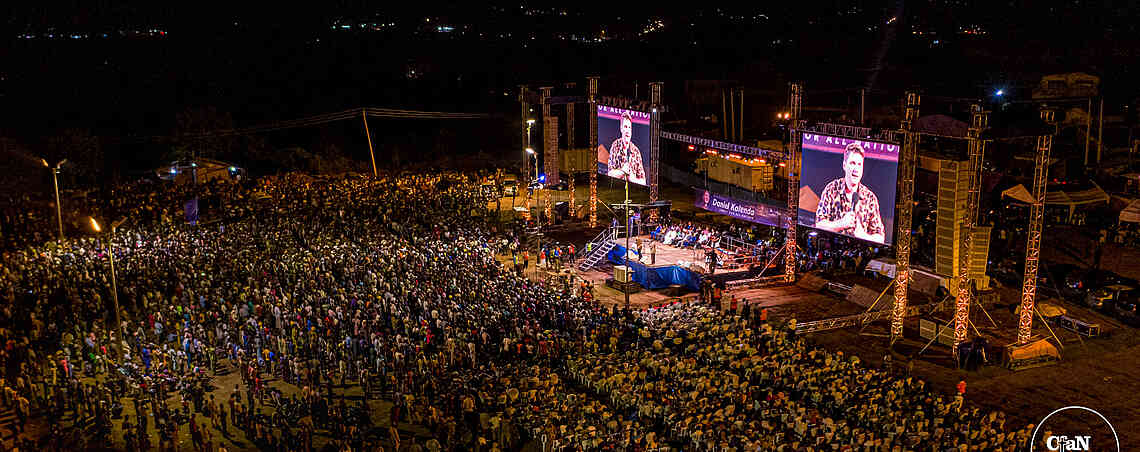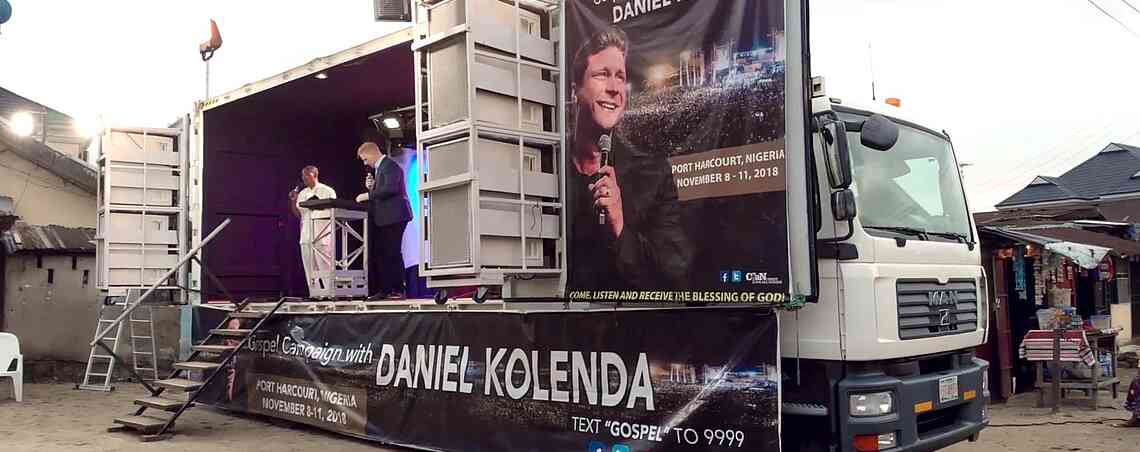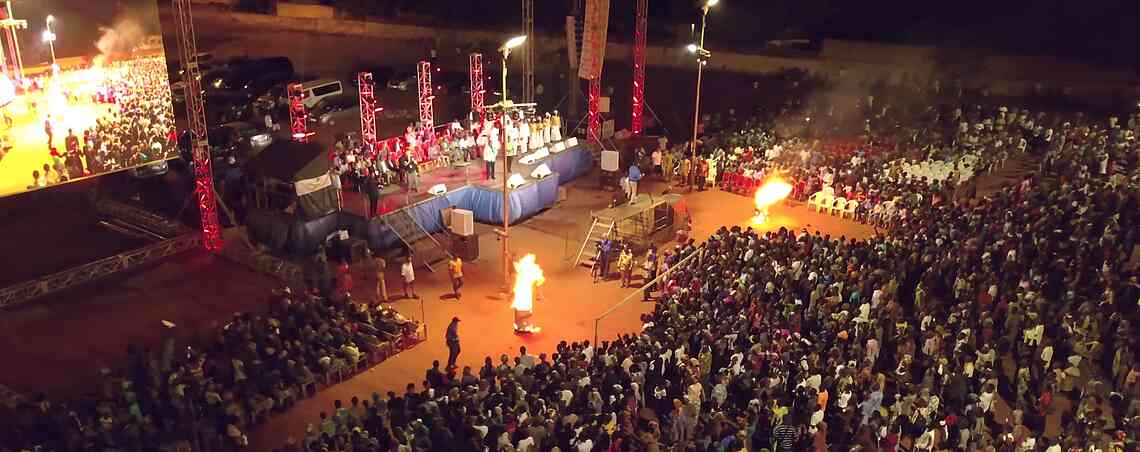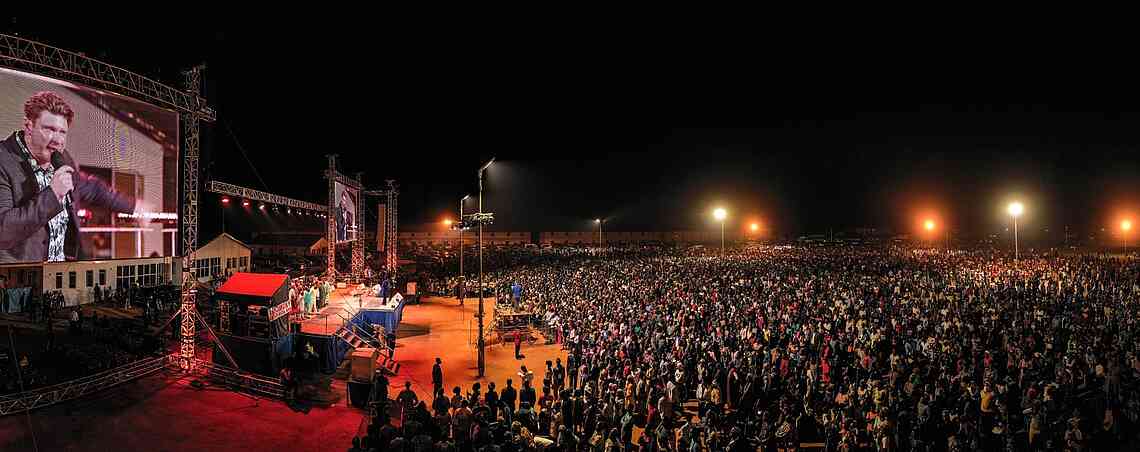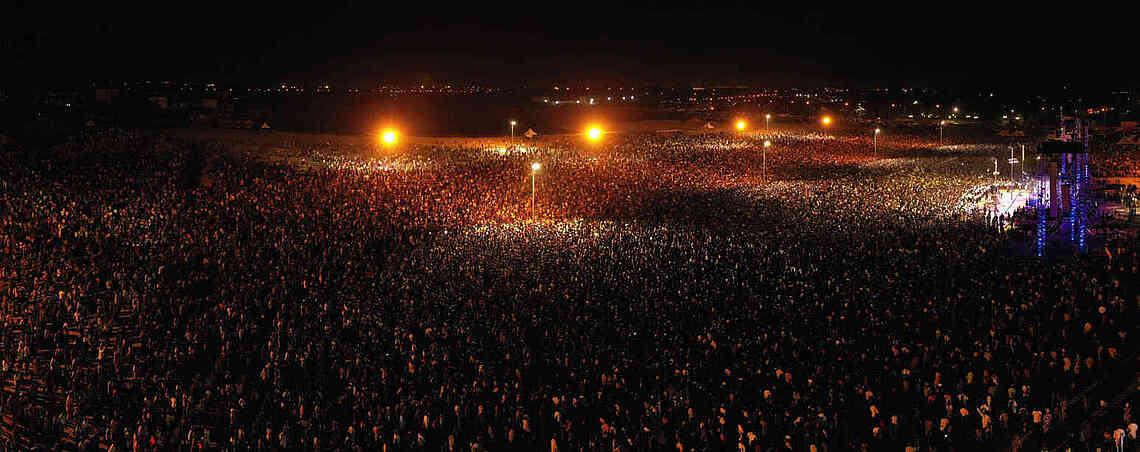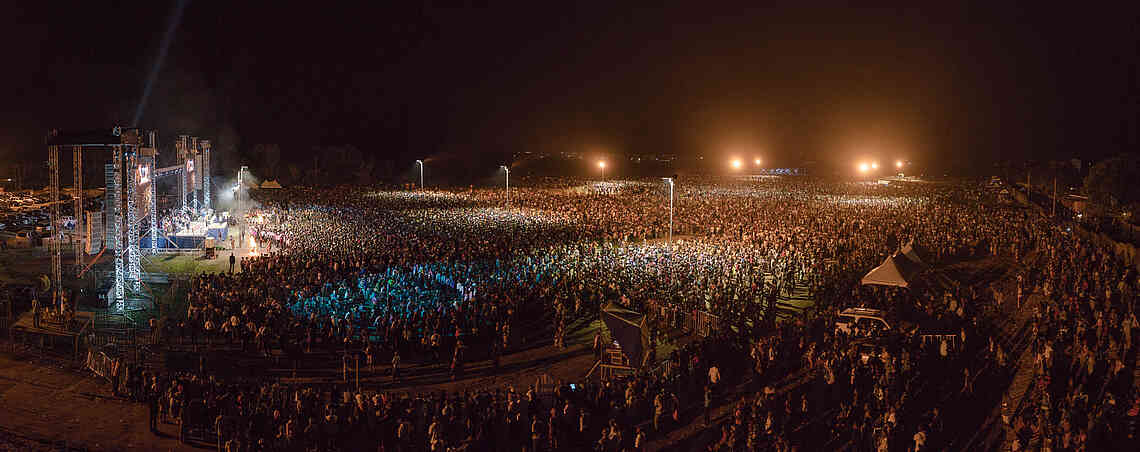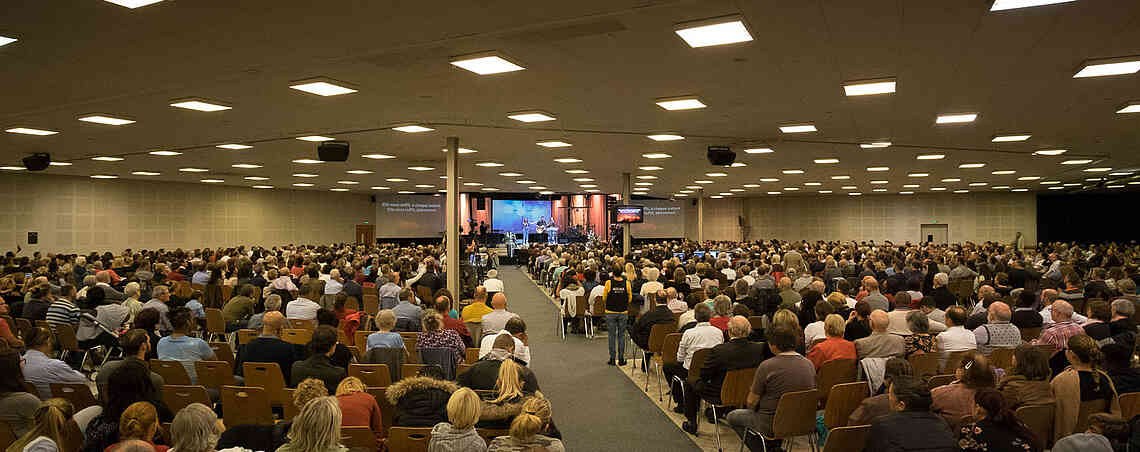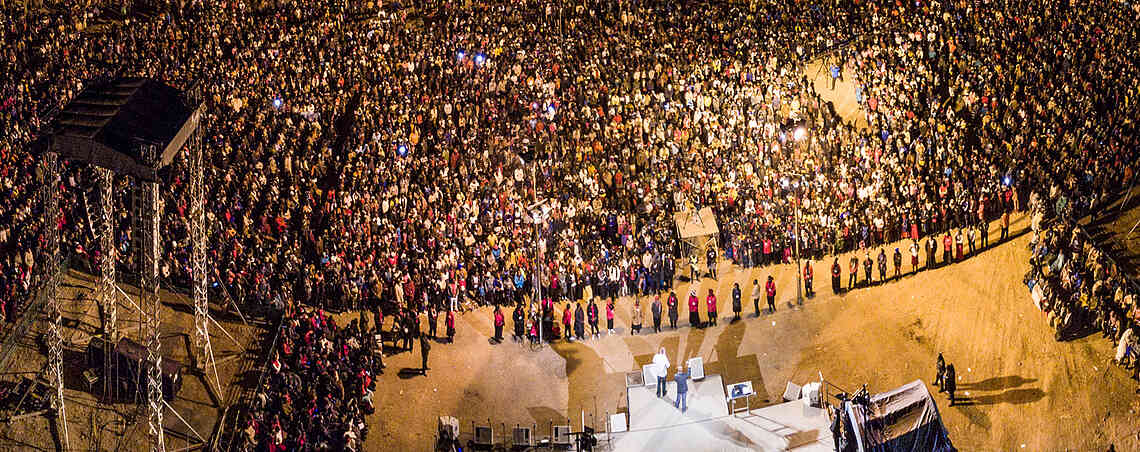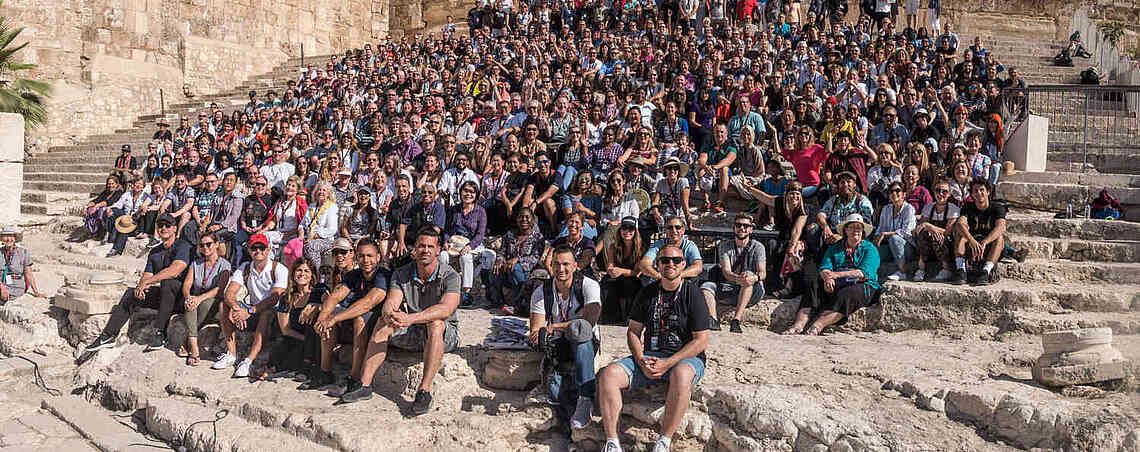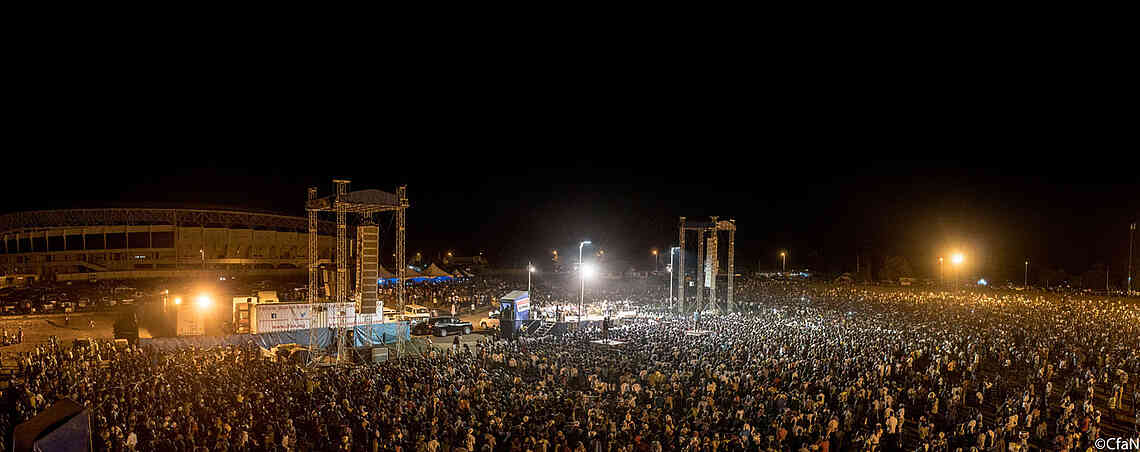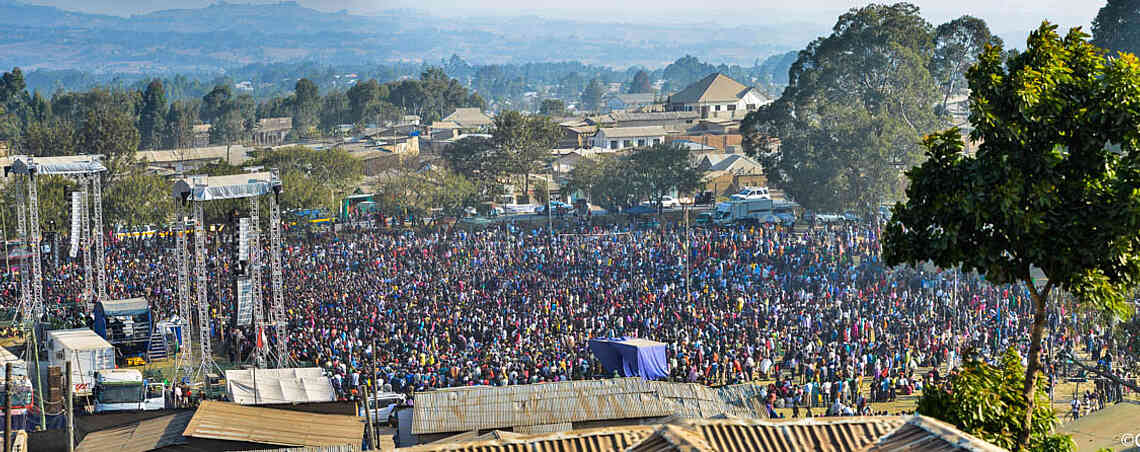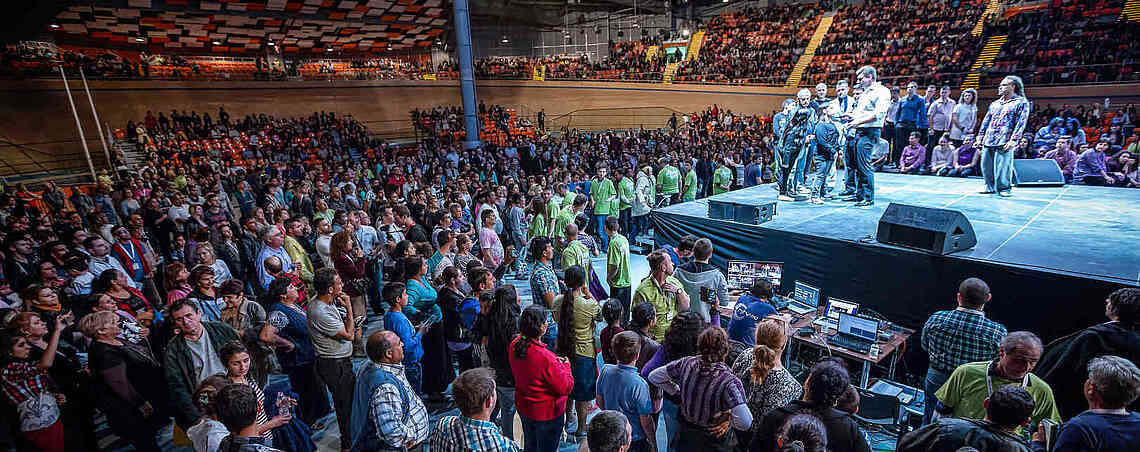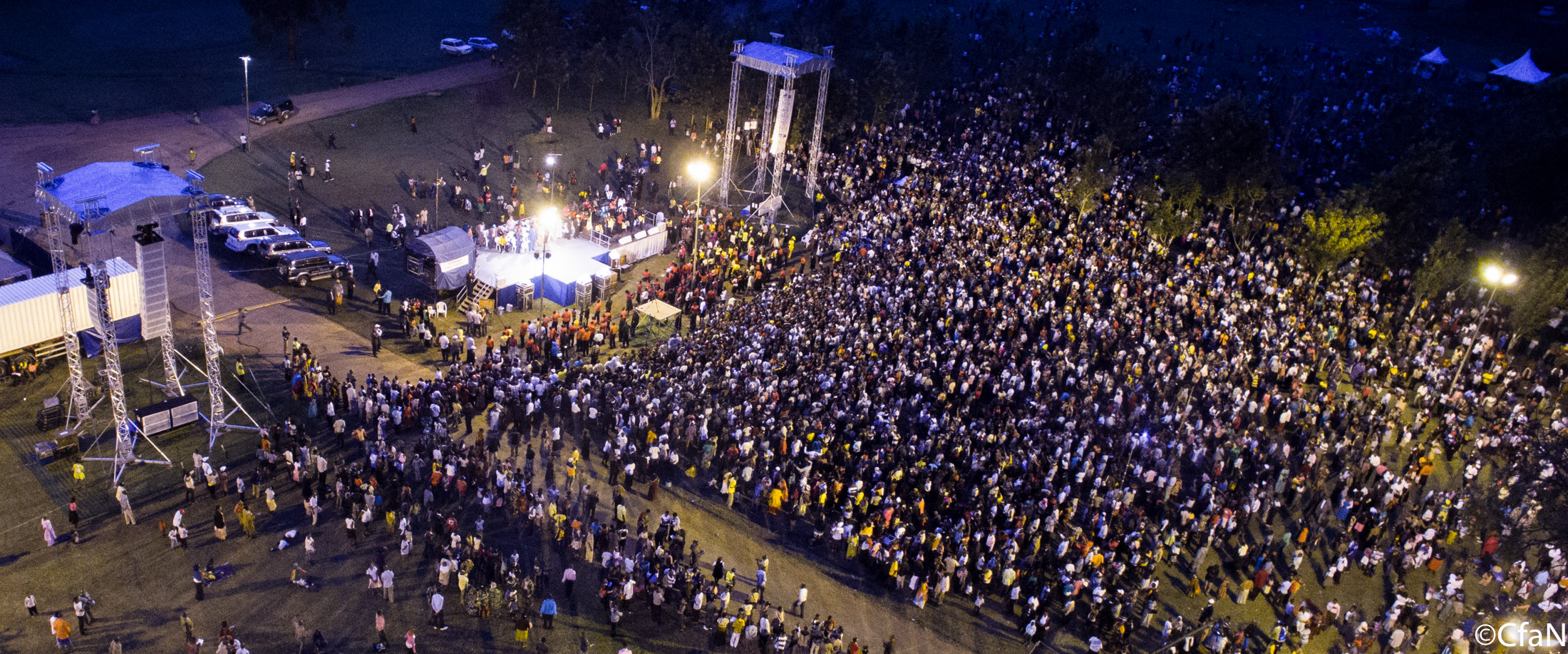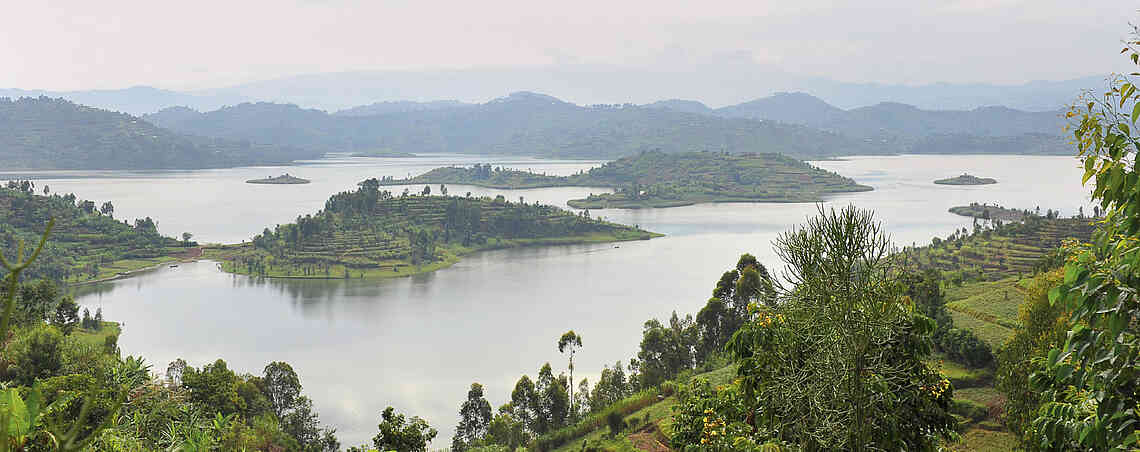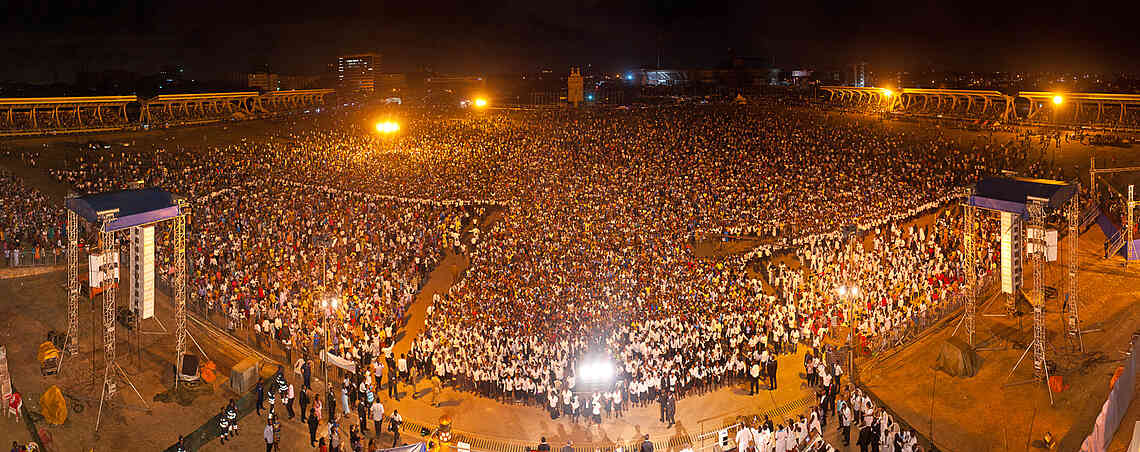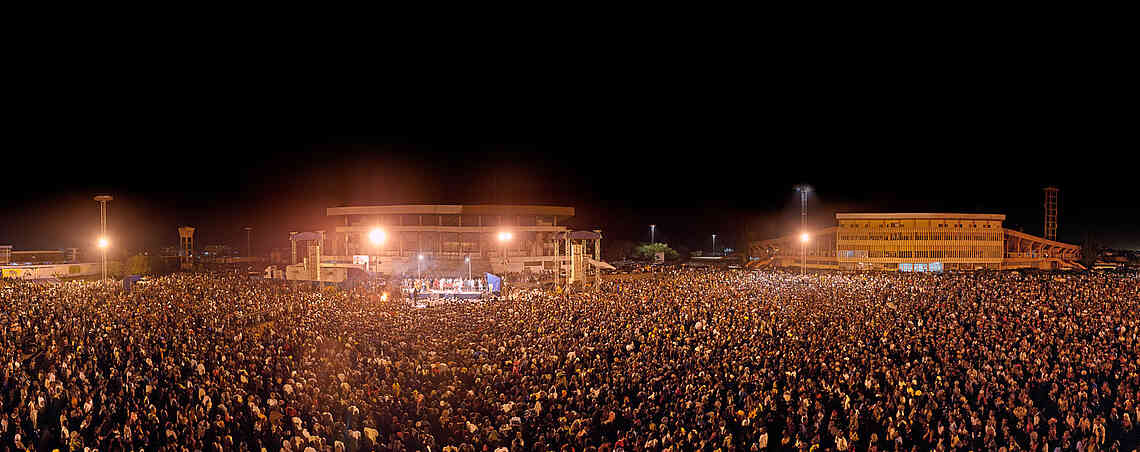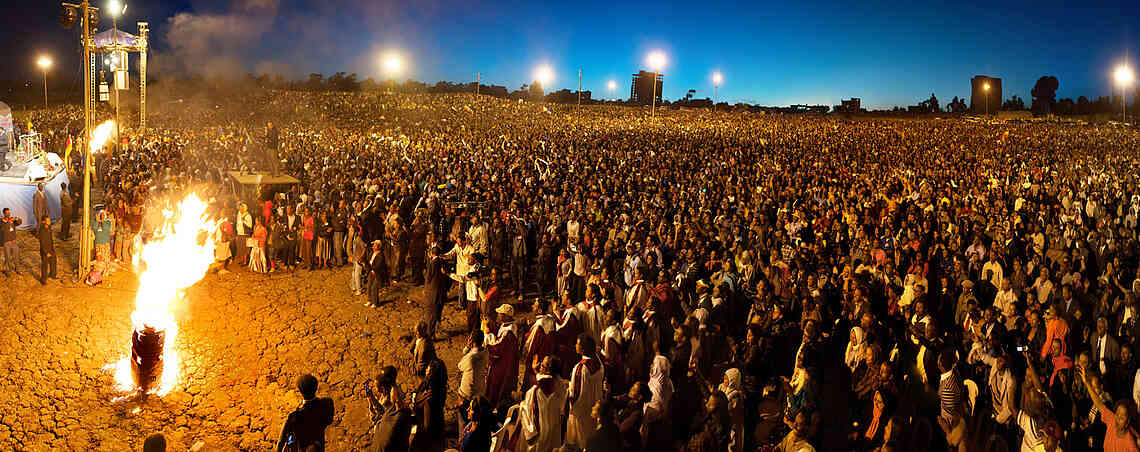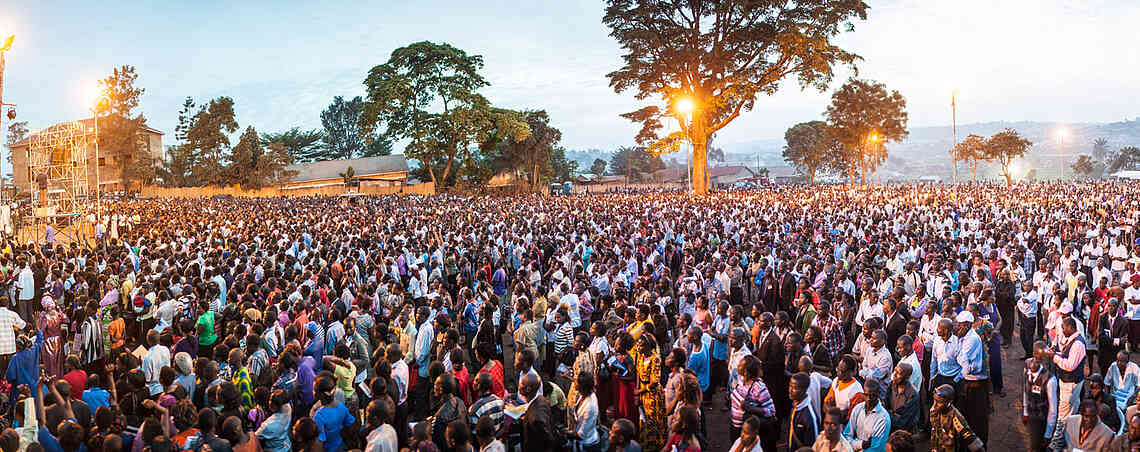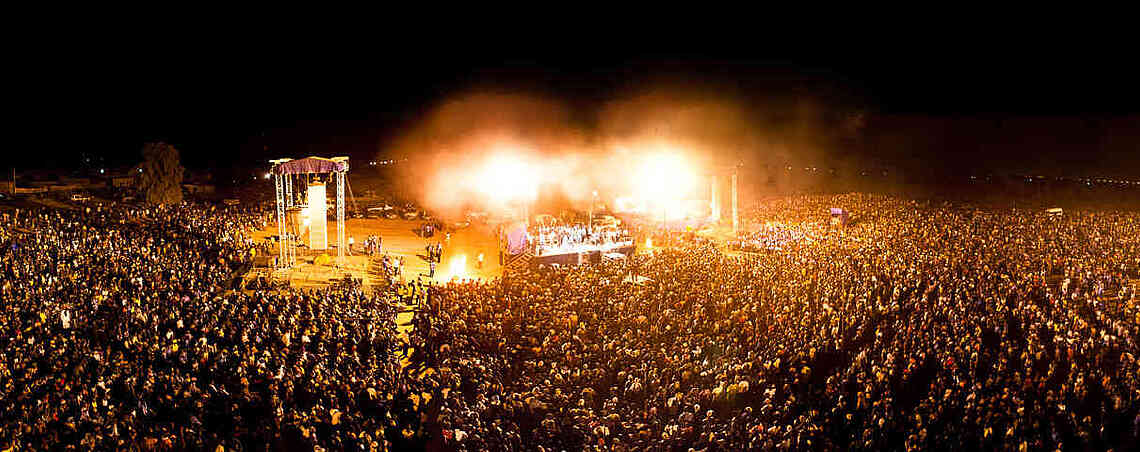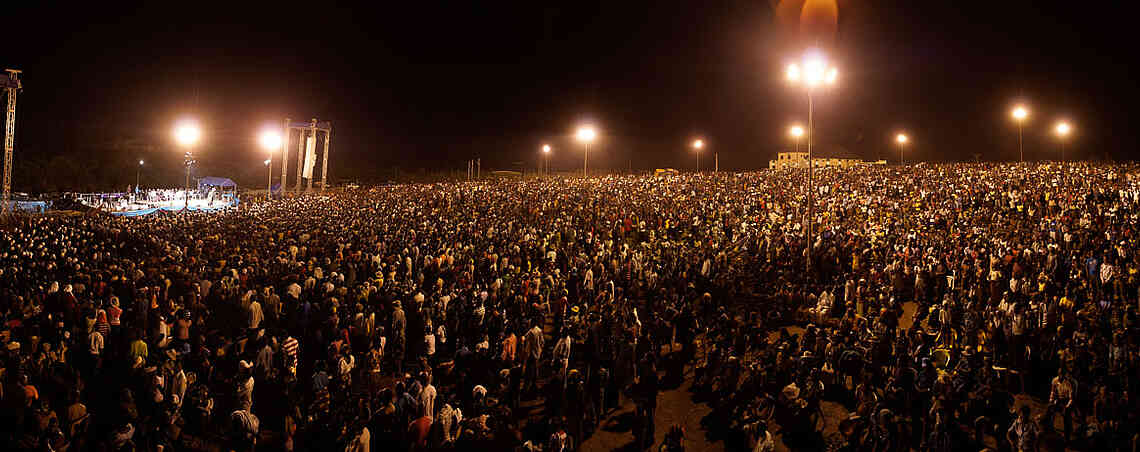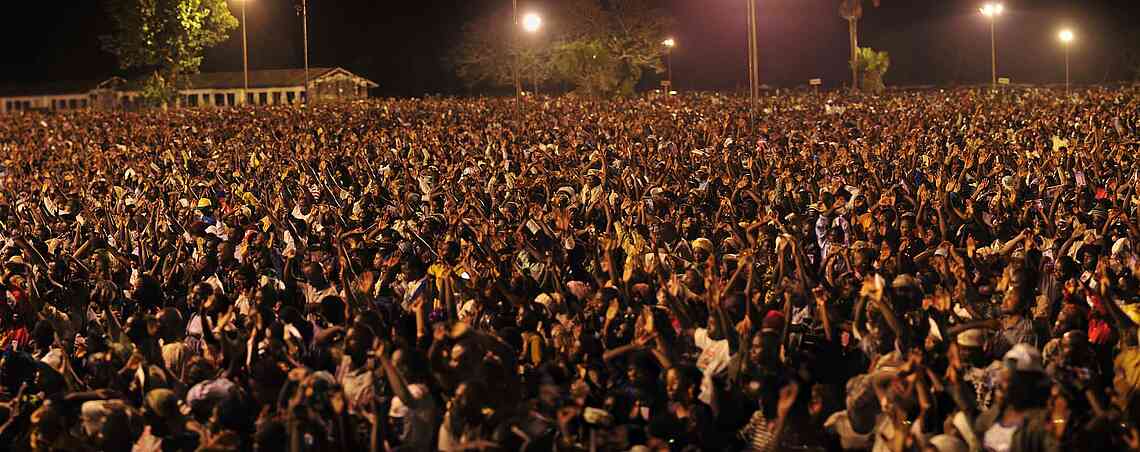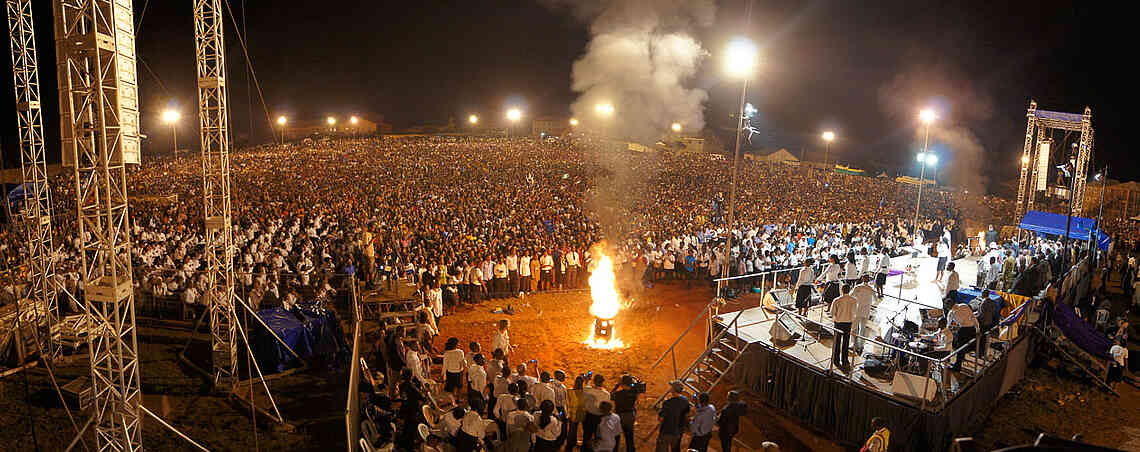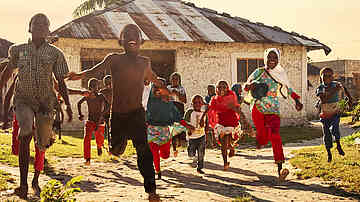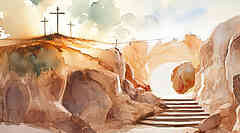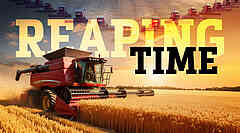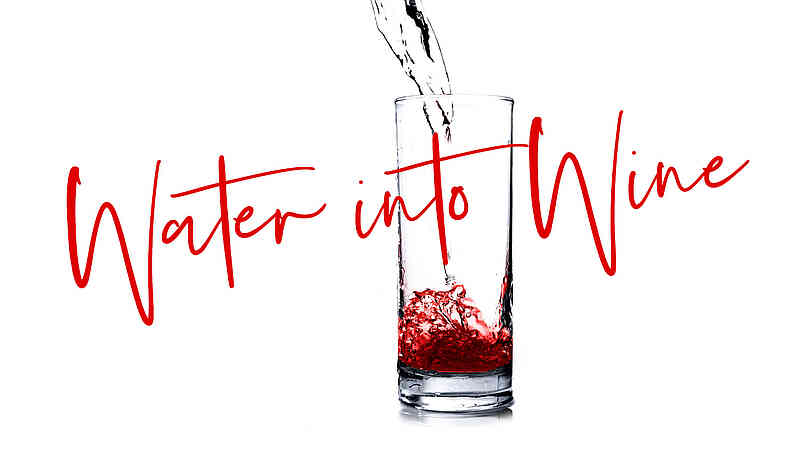
Bible Study
Water into Wine
In this letter, I’m going to share some thoughts with you on the first miracle that Jesus did. I am sure that it will bless you!
But before we get there, let me quickly update you on what’s happening at CfaN. Right now, our current Bootcamp students are on the ground in Tanzania, conducting a truly remarkable number of outreaches daily. This is their Initiation Trip, where they put into action all that they’ve learnt during their 3 months of study at Bootcamp. At the same time, our campaign organization teams are gearing up for the Decapolis campaigns, coming in June and in the Fall! Please keep all of us in your prayers – pray for continued open doors, for all our organizers, and especially for the people who will hear the Gospel in Tanzania. Thank you for your faithful support!
Jesus did many other miraculous signs in the presence of his disciples, which are not recorded in this book. But these are written that you may believe that Jesus is the Christ, the Son of God, and that by believing you may have life in his name.
John 20:30-31
That you may believe
It was John who said (in chapter 21 of his Gospel) that if all Jesus’ exploits had been recorded, the world would not have enough space for all the books that would have been written. This is an important observation by the “disciple whom Jesus loved” because John’s Gospel is not a collection of random stories. Each account has been carefully selected from a myriad of “candidates” because it expresses an especially profound and appropriate lesson – all of them reinforcing John’s central theme, “But these are written that you may believe that Jesus is the Christ, the Son of God; and that by believing you may have life in his name” (John 20:31).
It is also important to realise when reading the John’s Gospel that there is often more to John’s stories than meets the eye. John often employs an ancient rabbinic teaching method called “remez” (which means “hint”) in which the teacher “hints” at something through a story or allegory but does not state his deeper meaning explicitly. Instead, the teacher allows the student to connect the dots and have a personal “ah ha” moment.
John’s Gospel is full of “aha” moments and when the Holy Spirit illuminates the word in our hearts, revelation begins to pour off every page. I have treated many of the other stories in this Gospel in other places, but here we are going to be studying the first of Jesus’ miracles – the turning of water into wine at the wedding in Cana in Galilee found in John Chapter 2.
Saving the best till last!
The turning of water into wine was the first of Jesus’ miracles and it had a profound effect on those who knew him. John 2:11 says that it was because of this miracle that his disciples “put their faith in him”. To most people it would have been seen as a demonstration of power and a revelation of Christ’s Messianic identity, but those disciples would later see a far profounder prophetic meaning to the miracle.
In John’s elderly years, I am sure that he thought often about the “good old days” with The Master. He probably played and replayed every miracle, every healing and every teaching of Jesus over and over in his mind. Can you imagine the longing in his soul to touch Jesus again, to lay his head on his chest and gaze into his loving eyes? Even in his sleep the memories would haunt him, rolling through his heart night after night. And when those sweet dreams began to evaporate with the light of early dawn, his only consolation was the promise of his blessed Saviour, “I am with you always” (Matthew 28:20).
One day he was reflecting on the miracle at the wedding in Cana. It was the words of the ruler of the feast that struck him:
“The master of the banquet tasted the water that had been turned into wine. He did not realise where it had come from, though the servants who had drawn the water knew. Then he called the bridegroom aside and said, ‘Everyone brings out the choice wine first and then the cheaper wine after the guests have had too much to drink; but you have saved the best till now.” (John 2:9-10)
Could it be that the miracle of water turned into “good wine” and saved till last was a type and shadow of a greater miracle and a better wine? John’s memory might have flashed to the last supper where he sat next to Jesus and heard mysterious words from sacred lips as Jesus held up another goblet of wine and said, “This cup is the NEW covenant in MY blood” (Luke 22:20).
Biblical covenants were blood covenants. The first one, made with Abraham, demanded the blood of sheep, goats, cattle and birds. Now, as the Old Covenant was culminating, we see that after the blood of goats and rams had been shed, God had saved the best till last. In Cana water became wine but in Jesus the Word became flesh.
In the same way that the bride and groom in Cana had offered all they had to their guests, so man offered all he had to God and after all man’s offerings to God had fallen pathetically short, then God offered His best for us.
Jesus had gone to the wedding in Cana as a guest but it was he who ended up being the host! We may invite Jesus to come into our lives but we have nothing to offer him. He enters our bankrupt shanty and spreads a table for us. He serves us a banquet. He gives us his best – his own body and blood!
His blood was not only best … it was also last! His sacrifice was made once for all time.
No other sacrifice
When a soldier is dying on the battlefield, a medic will give him a potent dose of morphine. The drug will not save him but it will mask the pain and ease the suffering.
In the same way the blood of animals could never save and could not tackle the root of the fatal wound: sin. These Old Covenant sacrifices could only mask the symptoms of sin for a short season but every year new sacrifices had to be offered and new blood had to be shed.
The blood of Jesus was of a totally different quality than any blood ever shed before. The blood of Jesus not only dealt with the symptoms of sin, it went to the very root of the problem. The blood of Jesus was not a superficial remedy for a shallow flesh wound. It penetrated the core of the human condition and went all the way back to Adam; reversing the curse and turning the greatest tragedy in history into the greatest victory.
The ruler of the feast said, “You have saved the best wine till now.” After all other wines had been served and after they had all run out and fallen short, the “best” wine was finally being served. The best was saved till last. I see this first miracle of Jesus as a prophetic foreshadowing of what Jesus had come to do. The Jews were hoping for a national Messiah who would start a Maccabean-type revolution. Jesus had come to lay down his life and shed his blood.
When Jesus sat at the last supper and held up the cup of Passover wine he said, “This cup is the new Covenant in my blood.” After all the blood of goats, lambs and birds had been shed and after they had all run out and fallen short, then God himself came and performed a miracle; the Word became flesh.
His body was broken and his blood was shed once for all time. His blood did what no other sacrifice had been able to do. There is enough power in one drop of the blood of Jesus to wash away every sin, to heal every sickness, to break every curse on every human being who has ever lived in all the world and in all history!
God has saved the best till last!
Evangelist Daniel Kolenda
(and the CfaN Team)
P.S. Getting well over 100 people to East Africa, plus accommodating them and organizing the outreaches, means that we are stretched in every way – logistically and financially. We could really use your help right now, so if you are able, please do sow into this ministry at this crucial time.





